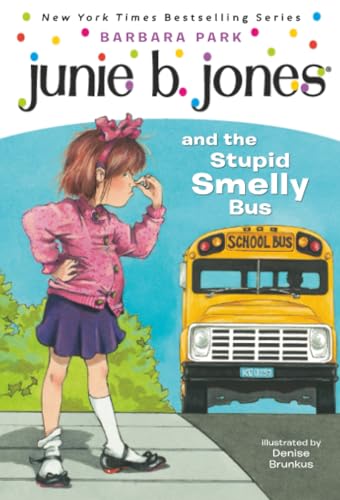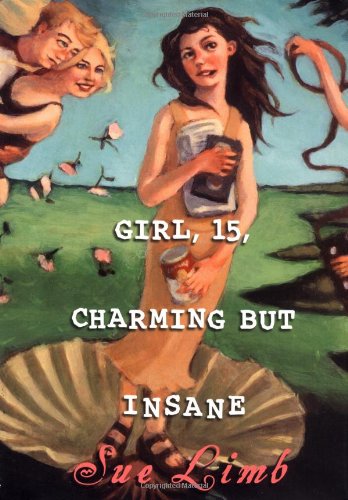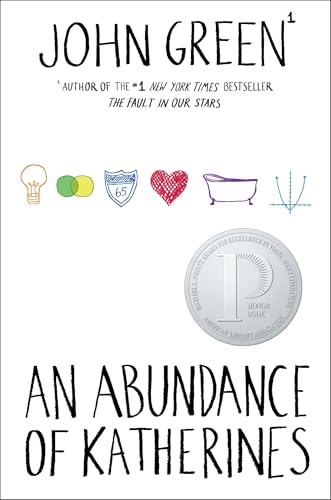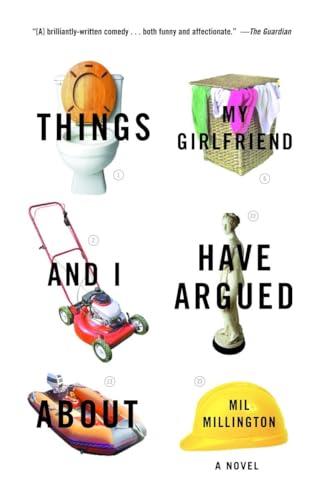In any case, the major GS event is done, and we did a fantastic job. My mom’s struggle with a stubborn infection seems to be at an end. My girls did a wonderful job in the talent show. I’ve made a decision to stay in my job, but to move to fewer hours and a closer branch when/if the opportunity presents itself, allowing me more time to write. Still working on the purpose-here-on-earth thing, but I’ll let you know.
Back on track — this article came up when I searched the word stressed. Since it isn’t about emotional stress, I suppose there is something about stressed syllables somewhere in the piece. Close enough. It’s a great article for Poetry Friday. Enjoy.
Read the rest of the article at the Poetry Foundation. Poetry Friday round-up is over at The Simple and the Ordinary.How To (and How Not To) Write Poetry
Advice for blocked writers and aspiring poets from a Nobel Prize winner’s newspaper column.
by Wislawa Szymborska
The following are selections from columns originally published in the Polish newspaper Literary Life. In these columns, famed poet Wislawa Szymborska answered letters from ordinary people who wanted to write poetry. Translated by Clare Cavanagh, they appeared in slightly different form in our Journals section earlier this year.
To Heliodor from Przemysl: “You write, ‘I know my poems have many faults, but so what, I’m not going to stop and fix them.’ And why is that, oh Heliodor? Perhaps because you hold poetry so sacred? Or maybe you consider it insignificant? Both ways of treating poetry are mistaken, and what’s worse, they free the novice poet from the necessity of working on his verses. It’s pleasant and rewarding to tell our acquaintances that the bardic spirit seized us on Friday at 2:45 p.m. and began whispering mysterious secrets in our ear with such ardor that we scarcely had time to take them down. But at home, behind closed doors, they assiduously corrected, crossed out, and revised those otherworldly utterances. Spirits are fine and dandy, but even poetry has its prosaic side.”
























6 comments:
Bwa-hahaha!
Spirits are fine and dandy... they are indeed. But like authors who go on about how the character just does something, and they have to write to keep up -- I find myself a bit amused and a bit disbelieving. Everybody edits. Or else.
Good for you making more time to write! I'm expecting a memo on that purpose here on earth thing, fyi.
You treat free verse as a free-for-all. But poetry (whatever we may say) is, was, and will always be a game. And as every child knows, all games have rules.
I am positively gleeful at reading the column, and will undoubtedly quoteskim that bit above on Sunday.
I'm glad you're making room for your writing, MR. And thanks again for posting the link!
Yay! I like your solution of working a bit less, so you can write a bit more. So...middle way...ZEN...of you, don't you think? ;)
Love this article, too. Off to read more...
Mother Reader, good luck with all your stress, poor little you! Sounds like pretty big stuff. Be sweet to yourself, please. And good for you figuring out the job thing.
Hope you have a well-deserved, relaxing weekend.
MR: The article is VERY funny, in a Mother Reader sort of way! I'm also thinking that some of the answers to your 'purpose here on earth' thing might be hidden in it: “‘Why’ is the most important word in this planet’s language, and probably in that of other galaxies as well.”
Thanks for this! I teach a creative writing class for teachers every summer and am always looking for ways to help them (and myself) better understand what poetry is and how real poets work.
Right on, Kelly, about your gleeful response to "You treat free verse as a free-for-all." I'll be quoting that one, too!
Here's something I use to make the case for the comma when students insist that they're too creative to think about punctuation.
Let's eat, Bobby.
Let's eat Bobby.
"Without the comma," I say...
Post a Comment